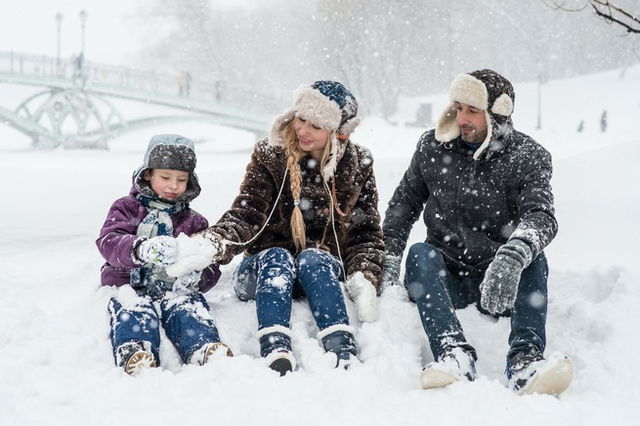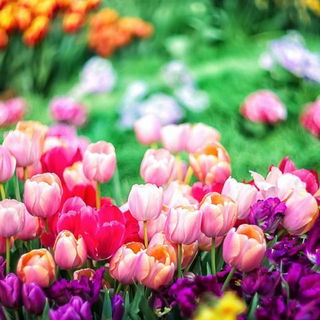Gear up for the coldest season of the year as Winter begins on December 22 (Winter Solstice) and will continue up to March 20 in the Northern Hemisphere this year.
This is because the Northern Hemisphere is titled away from the sun during this time of the year, so the countries here receive less heat and light.
Winter is a time of cold weather, with temperatures often dropping below freezing. Precipitation can fall as rain, sleet, or snow, depending on the location.
Days are shorter and nights are longer. Plants become dormant, and many animals hibernate.
Winter months usually comprise December, January, and February.

In the Southern Hemisphere, the conditions are reversed and Winter usually begins in the month of June and remains till September.
Characteristics of Winter
- Nights are longer and days are shorter in Winter. This is because the Northern Hemisphere is tilted away from the sun so the sun-rays take a longer time to reach.
- The temperature is low and drops below the freezing point in many places. This is why snowfall is a common phenomenon during this season.
- Deciduous trees such as Oak and Birch shed leaves before the arrival of winter in order to protect themselves from the extreme cold and freezing.
- Most animals hibernate or enter a state of long and deep sleep during winter. Others travel to warmer climates to survive.
Festivals and Celebrations in Winter
While winter is typically associated with hibernation, it is also a season brimming with joyous festivities and celebrations.
Popular winter festivals around the world add a vibrant touch to this season. From the enchanting Christmas markets in Europe to the lively celebrations of Diwali in parts of India, these festivals bring communities together in the spirit of joy and togetherness.
Winter Blues: A Season Affective Disorder
Winter Blues is a kind of seasonal depression that people experience with the arrival of Winter. It usually entails low mood, feeling sad and lethargic, difficulty concentrating, less motivation to do things, and so on.
Interesting Facts
- Sapporo, a city in Japan, holds a grand snow festival every year in February.
- Animals adapt in different ways during winter. For example, Foxes change their diet, and Fishers and bobcats travel longer distances in search of food.
- The word 'Winter' comes from 'wintar' meaning wet or water.
- The Arctic North Pole is warmer than the Antarctic South Pole. It is primarily due to the strong winds in the Antarctic region which prevent the mixing of cold and warm air. Although the same phenomenon occurs in the Arctic, the intensity of the winds is comparatively lower.
- Winter lasts for eight to nine months in the North and South Poles.
- The Winter Olympic Games, an international sporting event, is held every four years. The last one was hosted in 2022 so the upcoming Winter Olympic Games will be held in February 2026.
Prepare for Winter Season
- Keep your home at 18 °C, especially for elderly family members. Use a heater if needed and keep doors and windows shut during cold spells.
- Increase vitamin D intake to fight cold and flu. Eat foods like chia seeds, walnuts, salmon, cod, and dairy products.
- Stay updated on weather forecasts, especially in storm-prone areas. Keep emergency supplies ready.
- Keep pets indoors and provide shelter for strays to protect them from extreme cold.
- Layer up with warm clothing like coats, scarves, gloves, and sweaters to stay protected.
- Insulate pipes in unheated areas with foam sleeves or heat tape to prevent freezing and bursting.
You might like to read these articles next:










